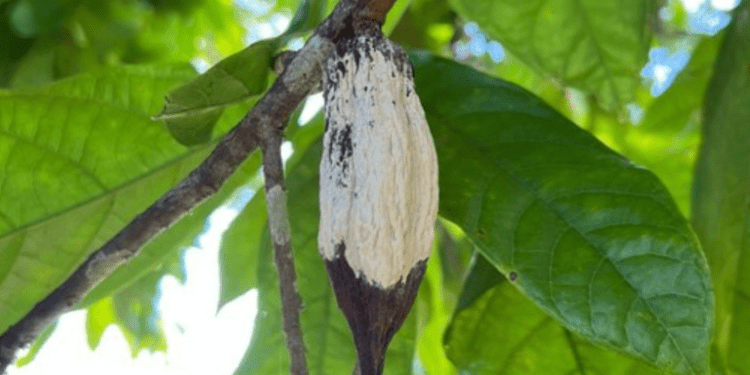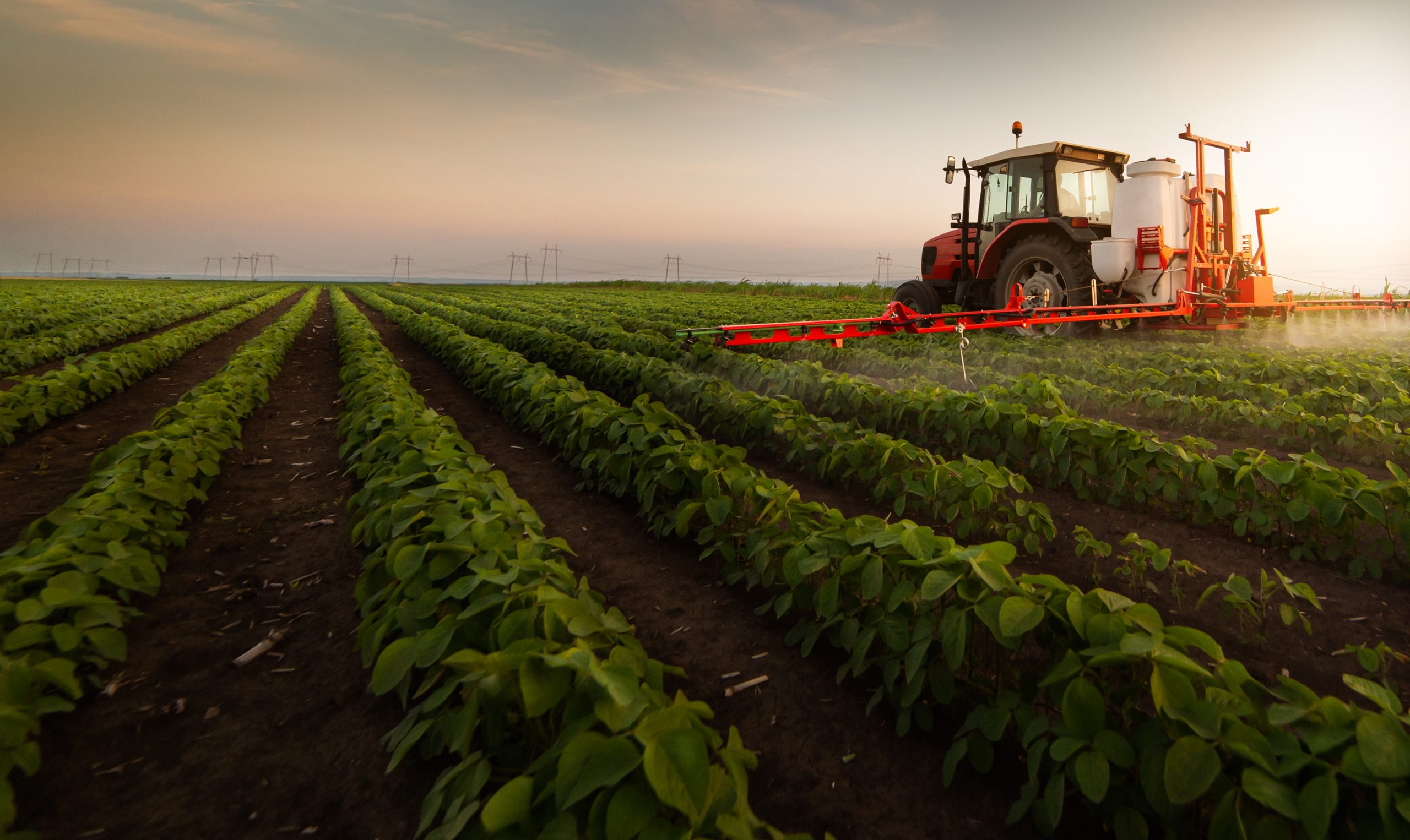Strategic Reductions Boost Value and Quality in Sweet Potato Market
During the summer months, Dole France imports sweet potatoes from South Africa, a source that has seen substantial changes in recent years. Despite a decline in production volume, the quality of South African sweet potatoes has significantly improved, making them a premium product in the market.
“We work with this origin from May to August. Generally speaking, it is losing ground in terms of production and volumes. This is essentially due to the fact that two major sweet potato producers in South Africa have decided to drastically reduce their production areas,” explained Timothée Levesque, senior product manager at Dole France. This strategic reduction in production was a response to the rising costs post-COVID-19, aiming to create a niche market within South Africa that currently supplies around 800-1,000 tons for the French market.
Better Value for Money
The strategy of reducing production and focusing on quality is yielding positive results. With consumption on the rise and a strong sales dynamic, South African sweet potatoes are now more highly valued. “A sweet potato that we sold for 1 euro/kg (1.09 USD/kg) four years ago is now selling for 1.40-1.50 euro (1.5-1.6 USD). These prices now allow us to remunerate the growers and reallocate land to stimulate sweet potato production,” noted Levesque.
Improved Quality
Focusing on quality over quantity has led to significant improvements. Over the past three years, the quality of South African sweet potatoes has markedly improved. This improvement is due to the careful selection of varieties and the expertise of the two main exporters who ensure optimal transport conditions. Market segmentation has allowed for better allocation of sizes, with medium and large sizes reserved for continental Europe and smaller sizes repackaged for markets like England. This segmentation reduces volume pressure and enhances overall quality.
Limited Development
Despite these improvements, the development of sweet potato production in South Africa remains limited. Economic conditions pose challenges, with competition from more profitable crops like onions. Moreover, the technical requirement of curing sweet potatoes to ensure they are suitable for export is a limiting factor, as not all producers have the capacity to do this effectively.
In summary, while South African sweet potato production has decreased in volume, the focus on quality and strategic market positioning has led to better value and improved product standards, benefiting both producers and consumers
Error




